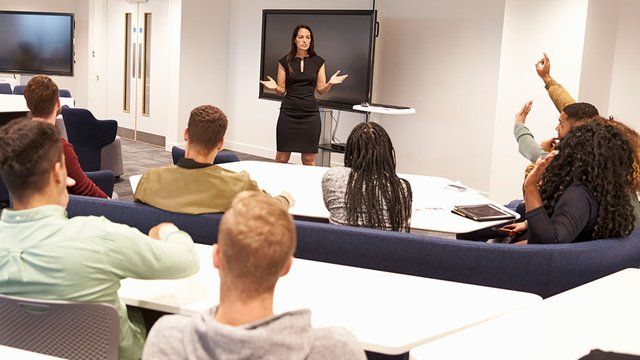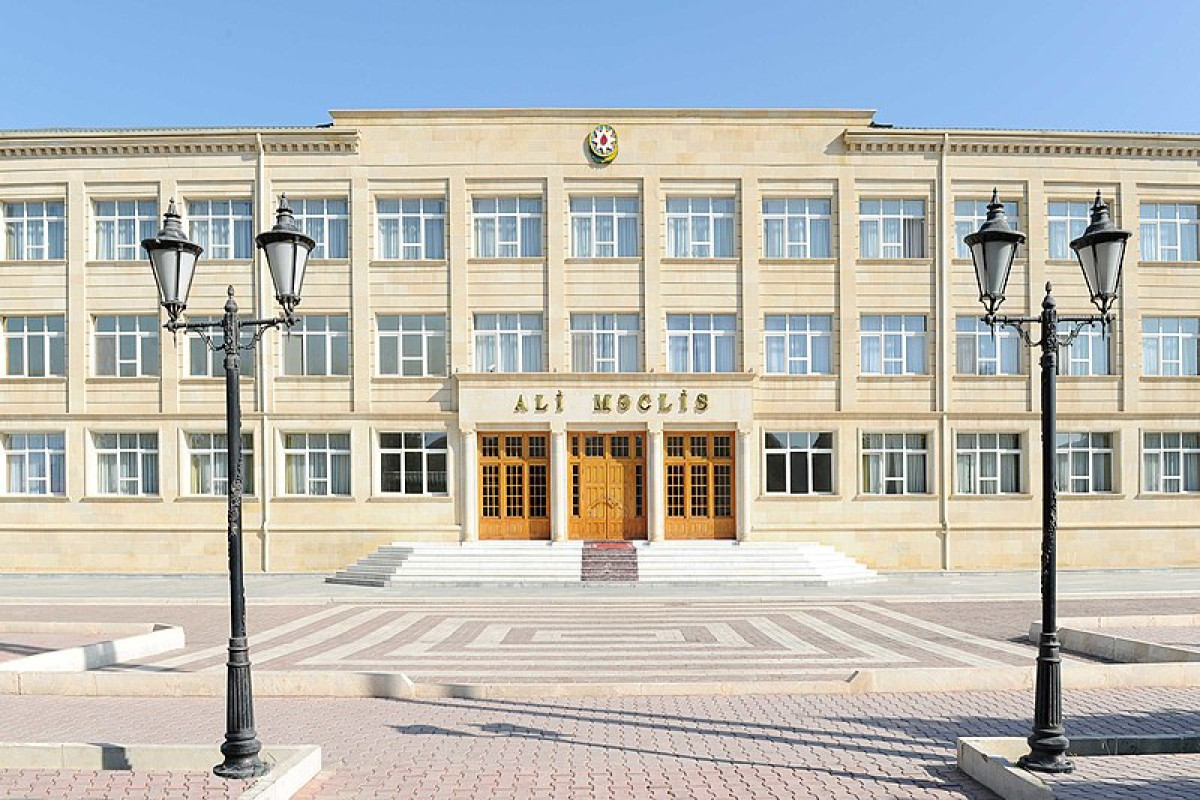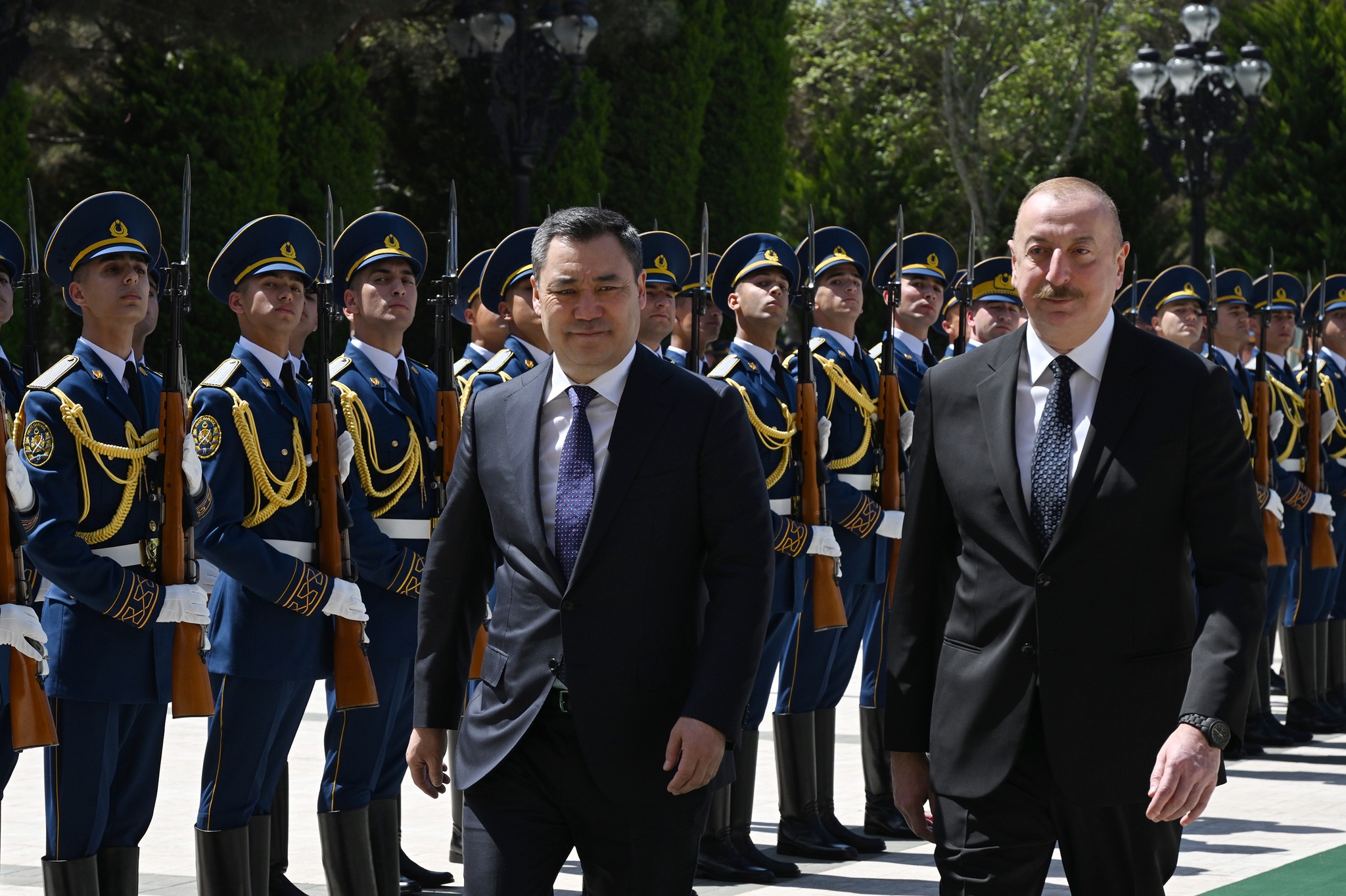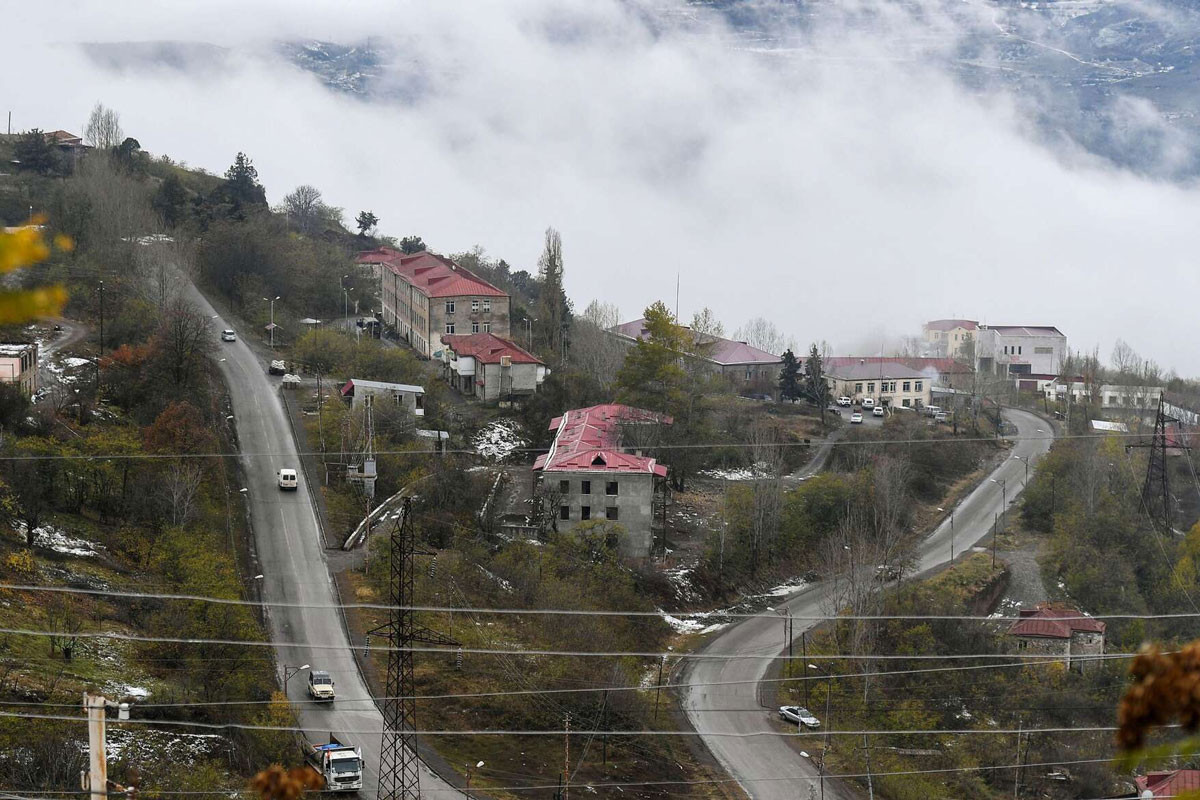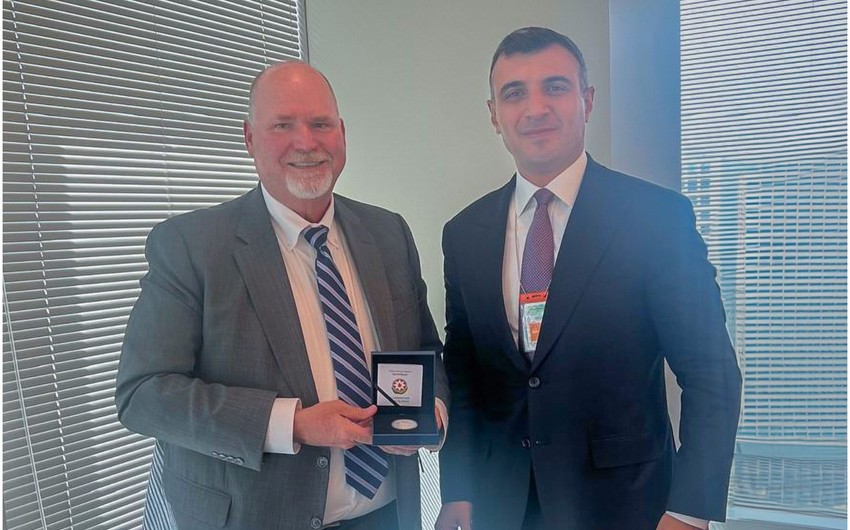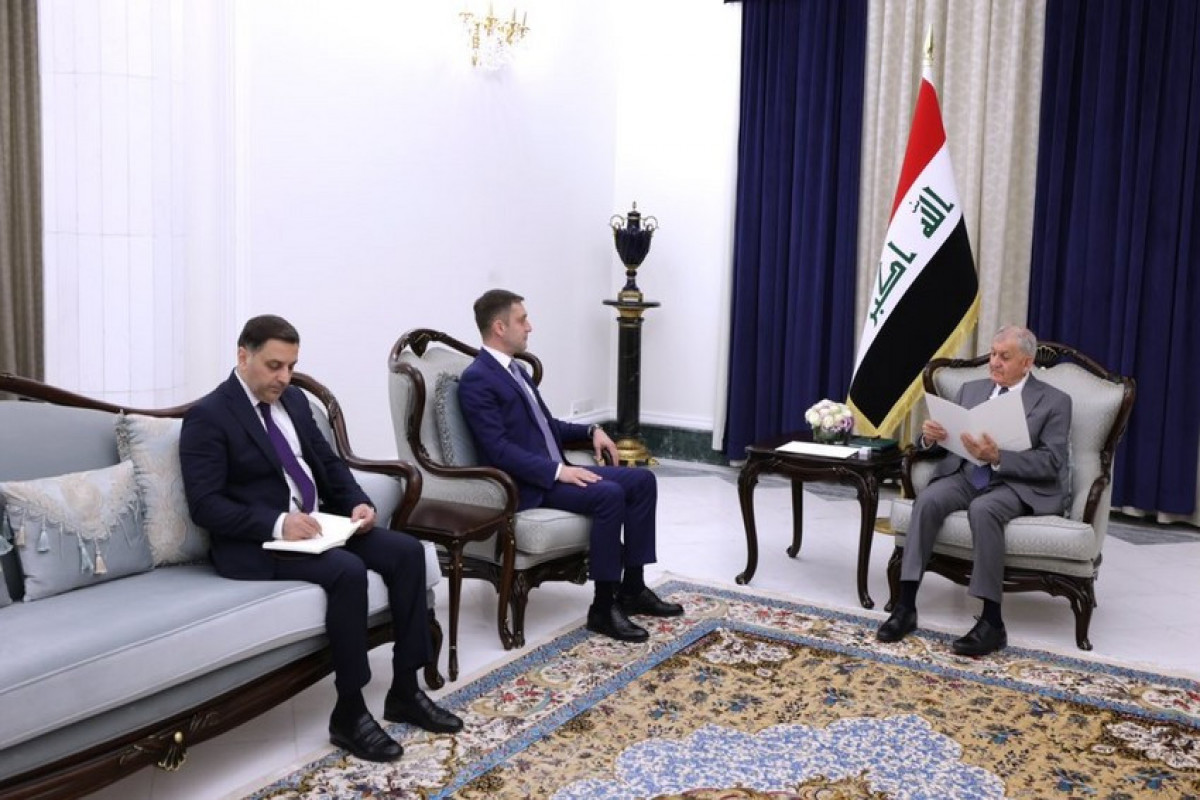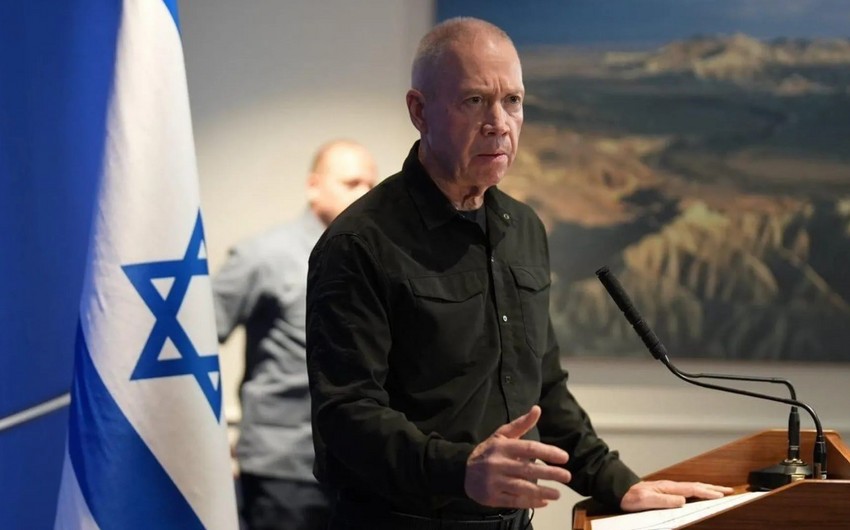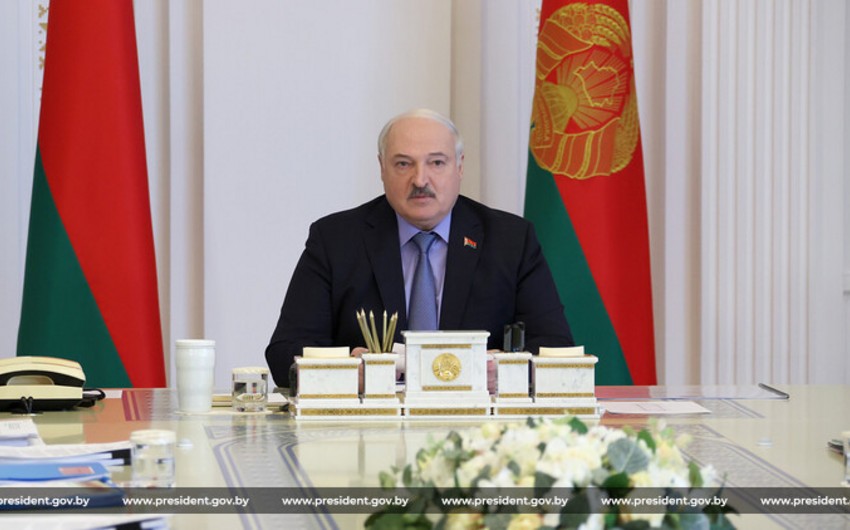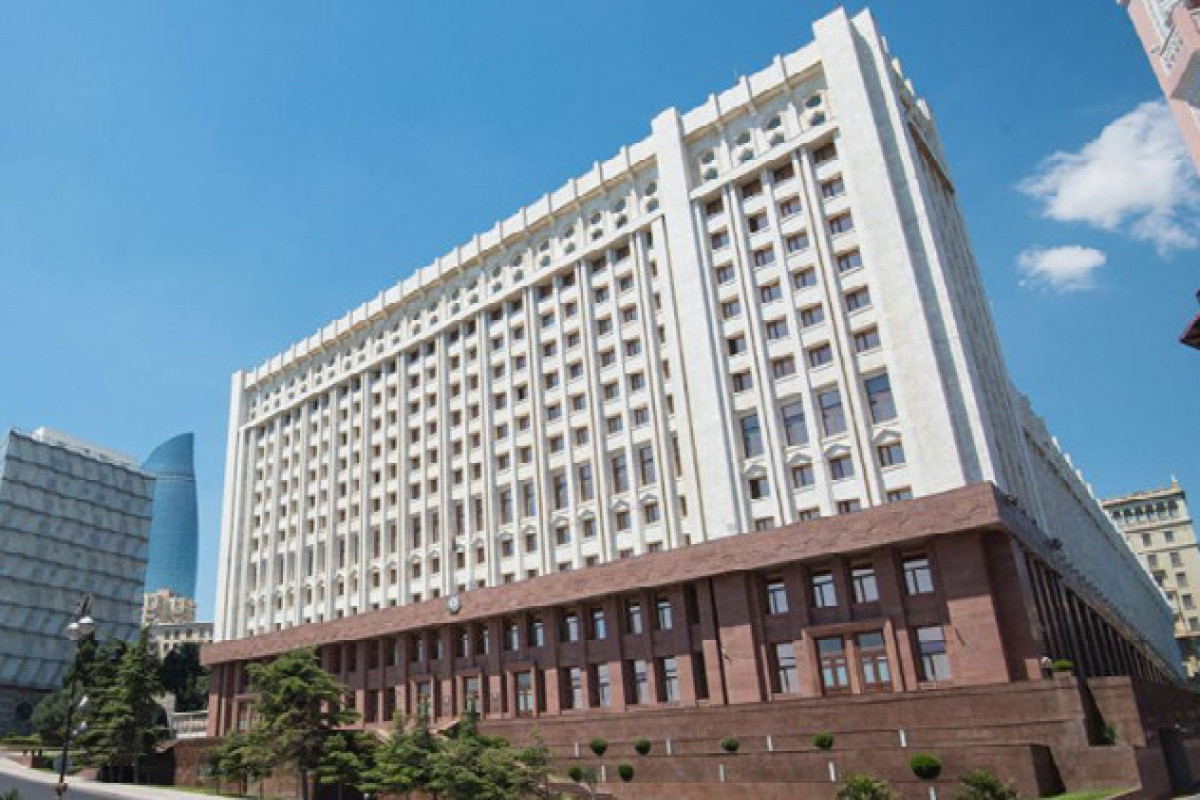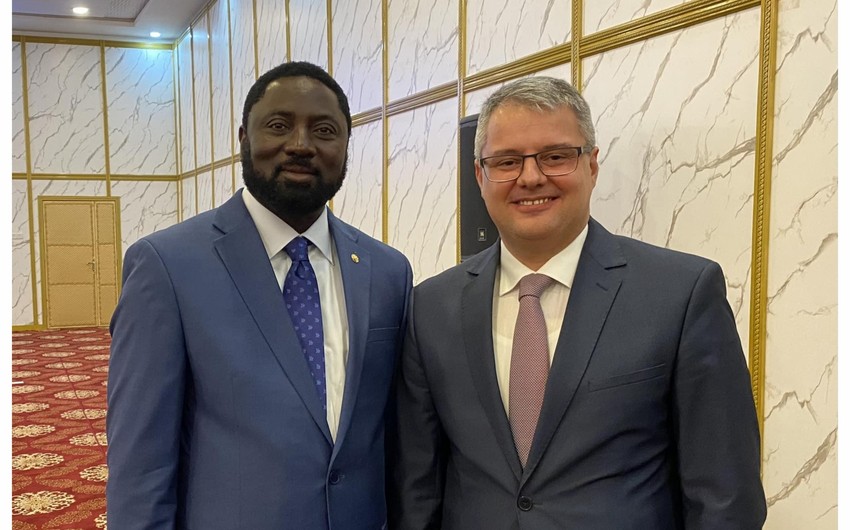The most effective policymakers weave together the best ideas from a range of perspectives in order to address society’s most intractable problems.
Yet, colleges — the intended training ground for the sort of creative and integrative thinking such problem-solving requires — have become increasingly characterized by orthodoxy in what types of questions can be asked and what sort of comments can be shared in the classroom and around campus.
As a result, many students and even some faculty elect to self-censor. As citizens who are counting on students’ future contributions to our shared social and civic endeavors, we all suffer when students elect to sit on the sidelines of their own learning or opt-out of scholarship because they feel they do not “belong” at institutions of higher learning.
Indeed, it is vital for America’s future to encourage a diversity of opinions on college campuses. But what will it take to achieve that goal?
Academic stakeholders must create campuses eager to welcome professors, students and speakers who approach problems and questions from different points of view, explicitly valuing the role such diversity plays in advancing the pursuit of knowledge, discovery and innovation.
Rather than merely tolerating fellow learners whose views are wildly different from one’s own, all should seek out and cherish that difference.
Because we see things differently, we will be better able to explore the nuances of the topics we study, deepening our understanding and thus equipping us to be better able to move the needle on those issues we care about most.
This is not a left-right issue. This is about creating intellectual institutions where learners can come together, humbled by their incomplete knowledge, curious what they can learn from others, able to share their own ideas and perspectives and eager to think together with nuance, open minds, respect and goodwill — all in service to understanding the complexities of our world more deeply.
To achieve that goal, academic stakeholders must enact policies and practices that support heterodox classrooms and campuses. This requires three ingredients:
First, stakeholders must value open inquiry and constructive disagreement. The good news is, the available data suggest students, faculty and administrators overwhelmingly do value these things (in principle).
Second, stakeholders must have access to, or be willing to create, effective strategies for enacting these values. For students, this could mean forming or participating in BridgeUSA chapters or related initiatives.
For professors, it could be about strategies they deploy in the classroom to create an environment conducive to open inquiry and constructive disagreement or signaling a desire for viewpoint diversity in job ads during faculty searches.
In other cases, it’s as simple as the chief academic officer being a vocal and visible cheerleader for the role constructive disagreement across lines of difference plays in realizing the very mission of the institution.
Other interventions are a heavier lift, like actually following through on the consequences stated in an existing policy even when there’s tremendous social pressure to do otherwise. Organizations like Heterodox Academy, OpenMind and Village Square continue to design and distribute tools and resources to support these efforts of administrators and faculty.
Third, stakeholders must perceive social permission to act on these values. This is a tougher nut to crack. For instance, even if professors set a good tone, students could be concerned about social sanction from peers.
In addition, so much is beyond the control of actors within the university. Consider: Administrators are asked to be responsive to the needs and interests of a multitude of stakeholders — the trustees, their faculty, the students and their parents, alumni and other donors.
They are working to both empower the institution to advance its primary academic mission while also garnering positive attention from media, influencers and philanthropic partners.
If social permission is needed to enable administrators to enact ideologically rich policies on their own campuses, then each of us can play a role in granting that permission. Write to the president at your alma mater to say you support their efforts to promote open inquiry on campus.
Explicitly tie your giving to the presence of specific initiatives to advance constructive disagreement across lines of difference. Applaud via social media your college’s decision to invite ideologically diverse speakers to talk about their scholarship on campus.
When you send your high school students off to visit colleges, share with them a list of questions they can ask the tour guide to determine if that college supports open inquiry in practice.
Many of America’s colleges and universities have fallen into a narrow orthodoxy in what is acceptable to say and to think on campus. Now is the time for all of us who value the pursuit of knowledge to support a new heterodoxy that welcomes, supports and encourages a diversity of viewpoints.
Our future as the world’s leader in higher-education innovation depends on it.

